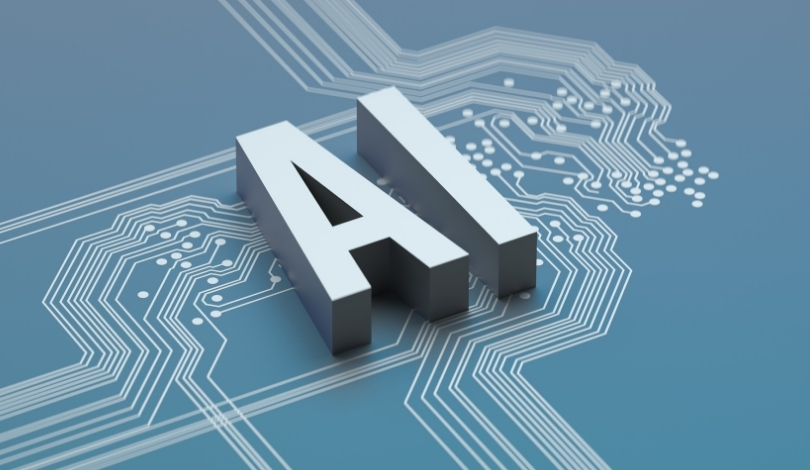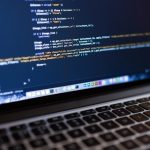The ongoing legal dispute between OpenAI and India’s ANI news agency underscores the growing tensions surrounding artificial intelligence and content rights. As AI technologies become more integrated into daily life, questions about data usage and copyright continue to surface. This case not only highlights the challenges AI companies face internationally but also sets a precedent for future legal battles in the tech industry.
OpenAI contends that Indian courts do not have the authority to mandate the removal of ChatGPT’s training data, citing its obligations under United States law. This stance is part of a broader strategy to defend against similar lawsuits globally, indicating the company’s commitment to maintaining its operational protocols across different jurisdictions.
Why Does OpenAI Claim Lack of Indian Jurisdiction?
OpenAI argues that Indian courts lack jurisdiction because the company does not have a physical presence or operations within India.
“The company is under a legal obligation, under the laws of the United States, to preserve, and not delete, the said training data,”
the firm stated in its filing. Additionally, OpenAI points out that its servers, which store the training data for ChatGPT, are located outside of India, further complicating the court’s authority over the matter.
How Does ANI Justify Its Lawsuit Against OpenAI?
ANI asserts that OpenAI used its published content without authorization to train ChatGPT, which violates copyright laws. The agency emphasizes that unauthorized use of its content provides OpenAI with an unfair competitive advantage, particularly when the AI reproduces parts of ANI’s work in user interactions. ANI is seeking the deletion of its data from OpenAI’s systems to protect its intellectual property and ensure fair competition in the media landscape.
What Are the Implications for AI and Copyright Laws?
This lawsuit could have significant effects on how AI companies manage and utilize copyrighted material in their training processes. A ruling against OpenAI may compel other AI developers to reassess their data strategies and ensure compliance with varying international copyright laws. Furthermore, it could lead to more stringent regulations and clearer guidelines on the permissible use of content for AI training purposes.
The legal confrontation between OpenAI and ANI mirrors similar disputes in other countries, such as the New York Times’ lawsuit against OpenAI in the United States. These cases collectively highlight the global nature of the challenges faced by AI companies regarding data usage and copyright compliance. The outcomes of these legal battles are poised to shape the future regulatory landscape for artificial intelligence worldwide.
Navigating the complexities of international law requires AI companies to balance innovation with legal responsibilities. Ensuring that content is used ethically and legally will be crucial for maintaining trust and avoiding legal pitfalls. This case serves as a benchmark for how AI entities will operate within the boundaries of global copyright laws and data protection standards, ultimately influencing the development and deployment of AI technologies.








